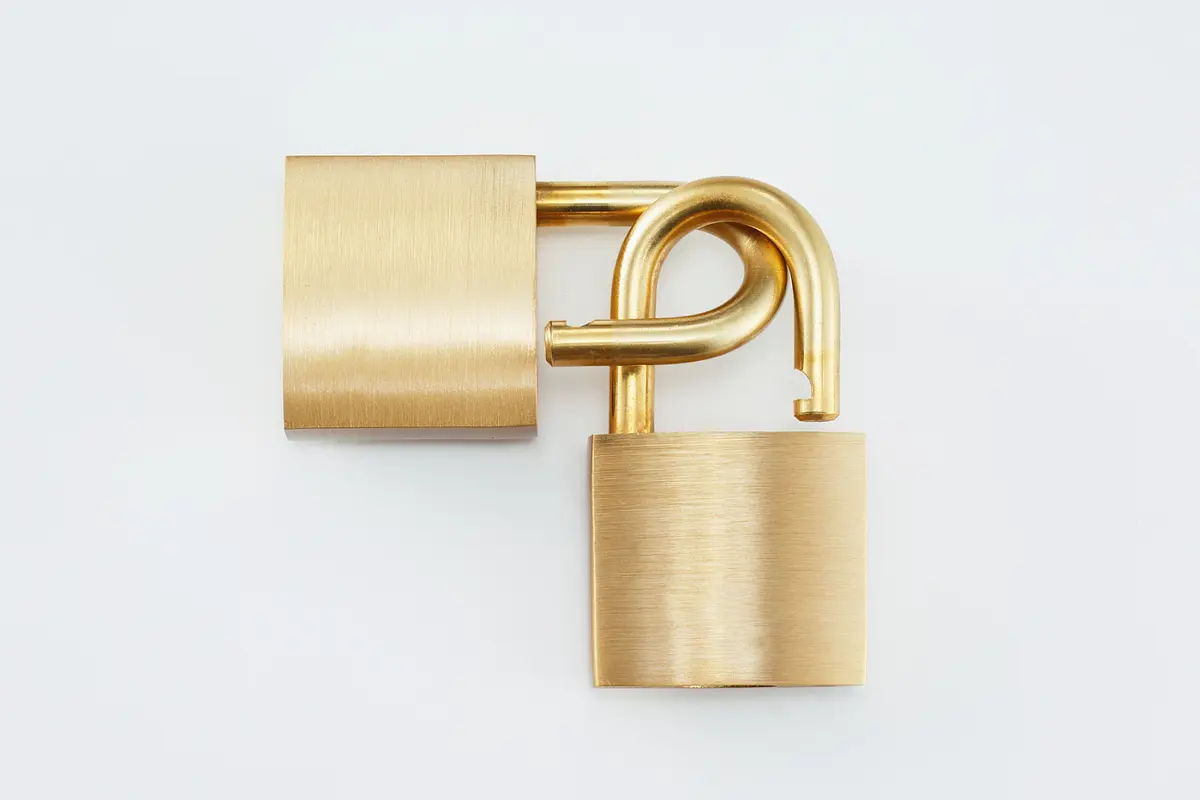Red Flags When Renting: Protect Yourself
Listen to the blog audio:

"No need to stamp the tenancy agreement, it's more convenient for everyone." "Just pay the rent in cash to me." "No need to make the lease too formal; it's too complicated." "No need to transfer the water, electricity, and gas bills; just put them all in my name."
On the surface, it sounds straightforward and easy-going, but in reality, these arrangements often leave the tenant in the weakest position.
Below, we'll explain in the simplest and easiest way: Why does the landlord do this? What consequences can the tenant face? And how can you protect yourself?
1. Why do owners make these requests?
1|Save Tax (Most Common)
No records → No rental income proof → No need to file taxes. Convenient, direct, and zero cost for landlords. But tenant transparency decreases and risk increases.
2|Property Conditions Not Suitable for Leaving Records (High Risk)
For example:
- Mortgage over 60% → Technically cannot be rented out
- Subdivided units / Unauthorized structures / Non-compliant usage → Inconvenient to expose
- Unpaid management fees, rates → Do not want tenants to see receipts
- Family disputes / Co-owner issues → Do not want to leave any rental traces
3|Want to Retain Maximum Flexibility, Free from Lease Constraints
No formal lease → The entire rental relationship becomes "without evidence."
Landlords can more easily:
- Increase rent at any time
- Change the lease term
- Request early termination
- Refuse to return the security deposit
This benefits landlords and weakens tenants.
Two: The Impact of Tenants: Greater Than You Think
Tenants don't always encounter bad landlords, but when a landlord suddenly changes their stance, you're in the most disadvantaged position.
Here's a real example worth considering:
Real Case|Due to "No Stamping + Utilities Not Transferred", Deposit Withheld for Months
A former tenant shared:
- The landlord requested no stamping + utilities not transferred
- Upon moving out, the landlord delayed returning the deposit, citing "utility bills not yet issued"
- But water bills are quarterly and electricity bills are bimonthly
- As a result, the tenant had to wait for months to possibly get the deposit back
- During this time, multiple compromise proposals were made, but the landlord still refused
- In the end, only part of the deposit was recovered, with the remainder continuously delayed
Because there was no formal tenancy agreement and no stamping, even filing with the tenancy tribunal was rejected.
Three: How Tenants Can Protect Themselves? (Practical Advice)
1|Prioritize Getting a Formal Tenancy Agreement or Stamping
Stamping is actually very simple; it can even be done online now.
You can politely suggest:
- "Getting a stamp is for the protection of both parties."
- "Can we sign a simple tenancy agreement that states the rent, deposit, and lease term?"
The more things are in black and white, the easier it is to handle future disputes.
2|It's Best to Transfer Utility Names (Most Effective for Self-Protection)
If the landlord is unwilling to transfer the names, tenants should at least request:
- Initial meter readings
- Final meter readings
- Utility calculation methods
- Deposit refund deadline
Benefits include:
- No excuse to withhold the deposit
- Immediate verification upon moving out
3|Avoid Paying Entirely in Cash
Pay at least part of the rent or deposit via bank transfer to keep a record.
Four, Conclusion: Not All Landlords Have Problems, But Tenants Need Transparency
These arrangements themselves do not mean the landlord has problems, nor do they necessarily lead to issues.
Many landlords are just afraid of trouble and are used to handling things in a simple way.
But tenants still need to understand:
- Which arrangements are just for "convenience"
- Which arrangements will leave them "lacking protection"
Renting is ultimately a cooperative relationship between both parties. A clear and simple record is the most effective way to protect both sides.
Read more: Stamp Duty for Tenancy Agreement】Complete Guide to Online Stamp Duty in Hong Kong
Free to use: Hong Kong Stamp Duty Calculator - Free Tool for Tenancy Agreement Stamp Duty
